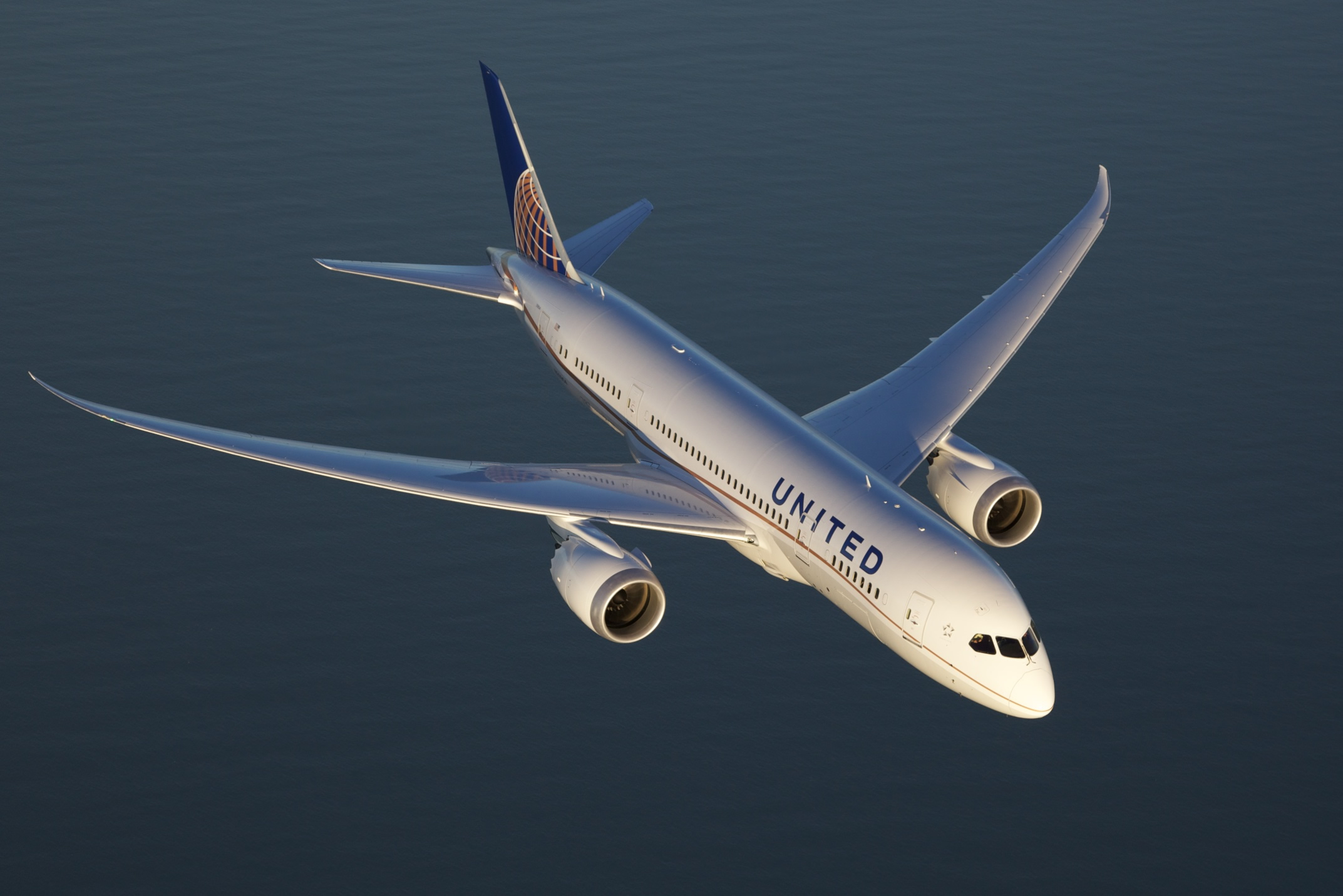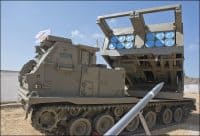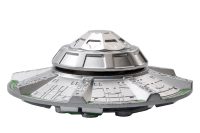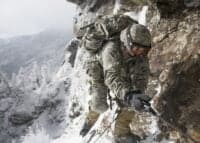
The 787-9 is the second version of the Dreamliner and is 20 feet longer, can carry more passengers and can fly farther than the 787-8. Passenger capacity rises from 242 to 280, and the flying range expands from around 9,000 miles to more than 9,500 miles.
The 787-9 equipped with engines from Rolls-Royce was certified in June and Boeing has already delivered planes with these engines to Air New Zealand and All Nippon Airways. The company’s first customer for the GE-equipped 787-9 is United Continental Holdings Inc. (NYSE: UAL).
The newly certified engine is one of six in the GEnx (next-generation) family. The GEnx-1B64, -1B67 and -1B70 are all certified for the 787-9 and the 787-8. The GE-1B70 is also planned to be certified for the 787-10, which is scheduled for delivery to Boeing customers in 2018.
Two weeks ago, a 787-8 owned by Thomson Airways and equipped with GE engines experienced an engine problem and the pilot had to shut down one of the two engines about 90 minutes into a scheduled 9.5-hour flight from the Dominican Republic to Manchester, England. The plane landed safely at a military base on the Azores about four hours after the engine was shut down.
Boeing’s stock closed down fractionally on Friday, at $127.46 in a 52-week range of $102.57 to $144.57.
ALSO READ: Why a Boeing 787-9 Costs $250 Million
It’s Your Money, Your Future—Own It (sponsor)
Retirement can be daunting, but it doesn’t need to be.
Imagine having an expert in your corner to help you with your financial goals. Someone to help you determine if you’re ahead, behind, or right on track. With SmartAsset, that’s not just a dream—it’s reality. This free tool connects you with pre-screened financial advisors who work in your best interests. It’s quick, it’s easy, so take the leap today and start planning smarter!
Don’t waste another minute; get started right here and help your retirement dreams become a retirement reality.
Thank you for reading! Have some feedback for us?
Contact the 24/7 Wall St. editorial team.




